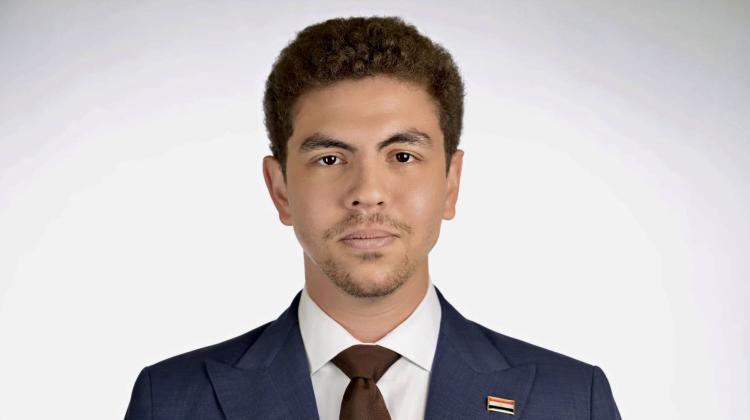Growing Without Compromising

Often when one hears the term sustainability there is a connotation with making due with less. Using less water; consuming less or no carbon intensive goods such as coffee or meat; or reducing the size of our homes to reduce associated energy consumption. Is there an alternative vision for sustainability which simultaneously reduces our extraction and consumption of raw materials while also stimulating behaviors that are good for the economy and for the environment?
In a paper building on research for the MIT Senseable City Lab, Kareem El-Sisi highlights the power of transitioning from a linear economy to a circular economy as a means to achieve sustainable economic development without compromising growth. A linear economy is one in which we reap natural resources, convert raw materials into goods, use those goods, and then when their productive lifespan is finished, dispose of said goods. In this traditional model, economic growth is reliant upon ever increasing consumption of natural resources. In contrast a circular economy decouples growth from resource consumption, focusing instead on the durability and reusability of goods, creating a repetitive loop where the value and lifespan of resources is extended.
El-Sisi’s paper, “Growing Without Compromising,” was recognized as the winner of the 2024 American Planning Association’s Economic Development Division Student Scholarship competition. The scholarship committee notes, “Kareem’s paper offers useful case studies and helpful practical recommendations for economic development practitioners to embrace the principles of circular economy and create more livable, sustainable communities while fostering economic prosperity.”
El-Sisi is a Master of City Planning and Master of Computational Science and Engineering student at the Massachusetts Institute of Technology (MIT) with a background in urban planning, economics, and data science. He is a researcher at the Senseable City Lab focused on projects that deliver impact and shape a better world.
”Sustainable development is everything, regardless of the industry, sector, or practice," says El-Sisi. "However, we need to communicate to stakeholders in a way they will understand it and sense they will benefit from supporting the vision."
Learn more about the Holzheimer Memorial Student Scholarship for Economic Development Planning


